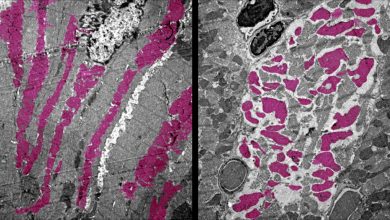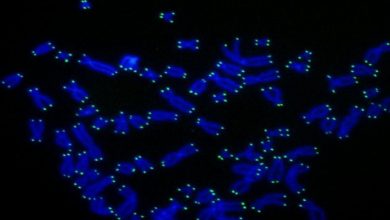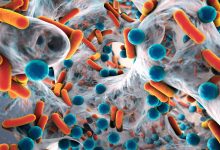
Antibiotic resistance has become a major problem worldwide due to overuse and overdose of antibiotics. Resistant microbes are more difficult to treat, and requires substitute medications or higher doses of antimicrobials.
A new clinical study done by the researchers suggests that bacteriophages are tolerable and safe to eliminate disease-causing bacteria in the gut. This new treatment is an alternative to antibiotic medications. Moreover, they promote the growth of beneficial bacteria that are known to enhance gastrointestinal health, immune function, and anti-inflammatory processes.
According to the researchers, taking antibiotics develops resistance in the people as well as antibiotic kills both good and bad bacteria in the gut which leads to gastrointestinal distress.
“Using viruses that infect only specific types of bacteria spares the many good bacteria in the gut, which are linked to numerous long-term beneficial health outcomes. We have shown for the first time that bacteriophage treatment has no apparent side effects, at least with short-term use.”
Wallace will present the results from the Bacteriophage for Gastrointestinal Health (PHAGE) Study — the first clinical study in the Western hemisphere to provide patients with bacteriophages — at the American Society for Nutrition annual meeting, Nutrition 2018, held June 9-12, 2018 in Boston.
During their research, researchers found that bacteriophage can be used to target specific microorganism i.e. bad bacteria which in turn can prevention against any type of infection in the body and microbiome of the body will also be maintained.
This study was done on around 31 people having gastrointestinal distress but were not diagnosed with any particular gastrointestinal disorder. These participants were assigned to either treatment group or controlled group for the first four weeks followed by 2 weeks washout period. After the washout period, they were given opposite treatment for 4 weeks. The treatment group received four bacteriophage strains that specifically eliminate E. coli, a pathogen that can contribute to gastrointestinal irregularities and stomach upset.
The researchers reported that study participants endured the bacteriophage treatment extremely well and showed no adverse effects during the four weeks of treatment. During the bacteriophage treatment, they also observed that there was a vital decrease in interleukin 4 which is an inflammatory marker often associated with an allergic response. There were also reductions in Clostridium perfringens and increases in several health-promoting bacterial species. Within a small subset of individuals with two or more risk factors for metabolic syndrome, there was also an increase in beneficial Bifidobacterium spp.
With this study in mind, the researchers say that bacteriophages might also be useful for eliminating nutritional deficiencies due to chronic diarrhea in developing countries and are seeking larger-scale support to test which strains might be best for this application. Chronic diarrhea and associated malnutrition are the second most common causes of childhood death worldwide.






